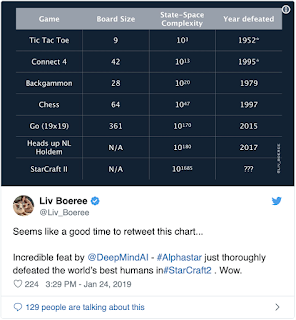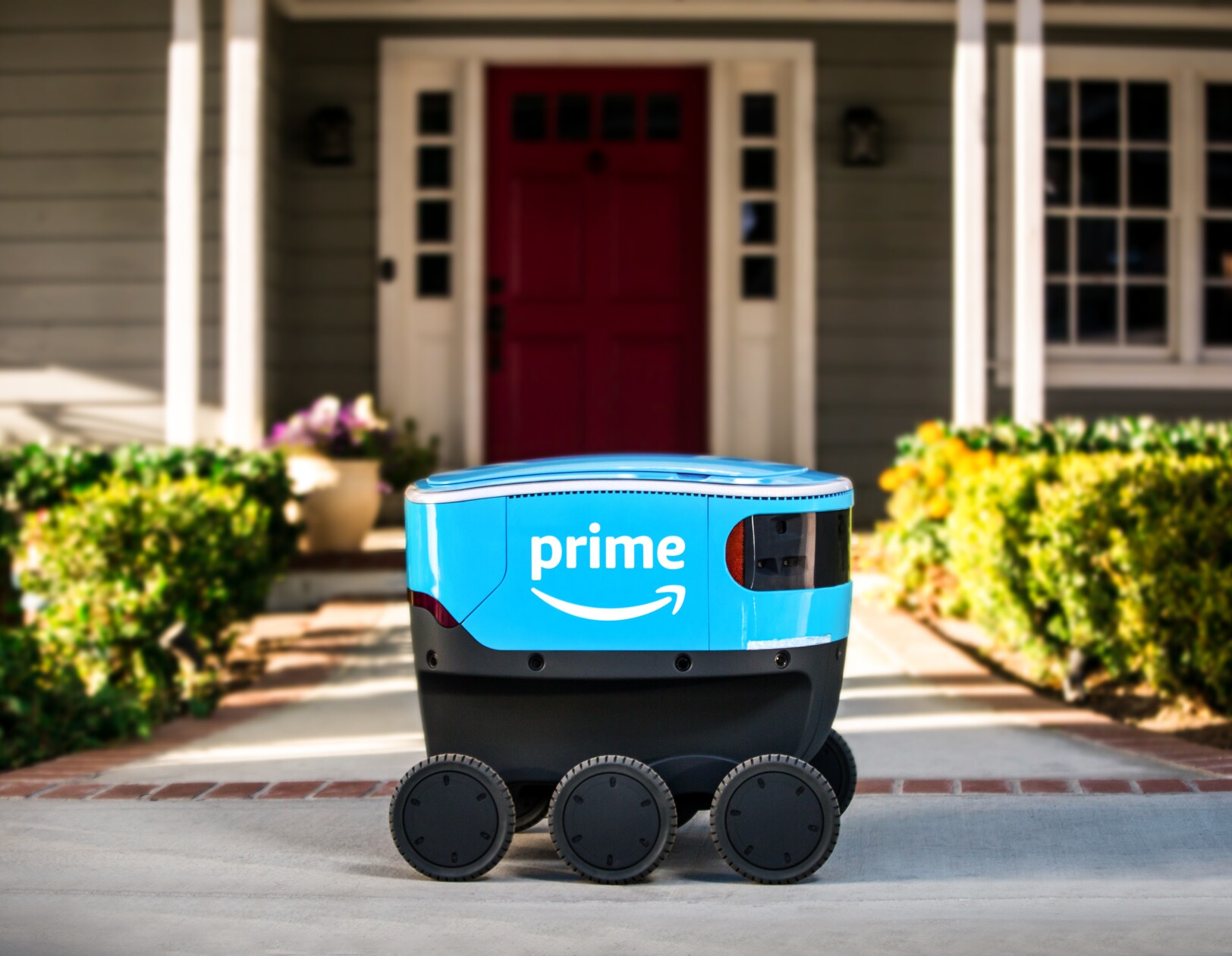Also see Tesla Has Just 4 Weeks to Rally 21% or Pay $920 Million on Bonds | Bloomberg
"Elon Musk’s Tesla posted a lower-than-expected profit for the fourth quarter and a $1 billion loss for all of 2018, the all-electric automaker said Wednesday, renewing questions about how it will fund its grand ambitions as it faces mass layoffs and billion-dollar debts.Tesla’s profits disappoint, renewing concerns about growth | Washington Post
Tesla’s $139 million quarterly profit marked the first time the company has recorded back-to-back quarterly profits, and the company’s $21 billion in revenue for the year — up from $11 billion in 2017 — showed it had made considerable progress in its race to dominate the global market for electric cars.
But analysts had expected the company to record about $182 million in profits for the quarter, and the miss appeared to reinvigorate investor concerns over the Silicon Valley automaker’s ability to reach new markets and survive in an increasingly competitive industry. The $50 billion company’s stock fell about 5 percent in after-hours trading."



